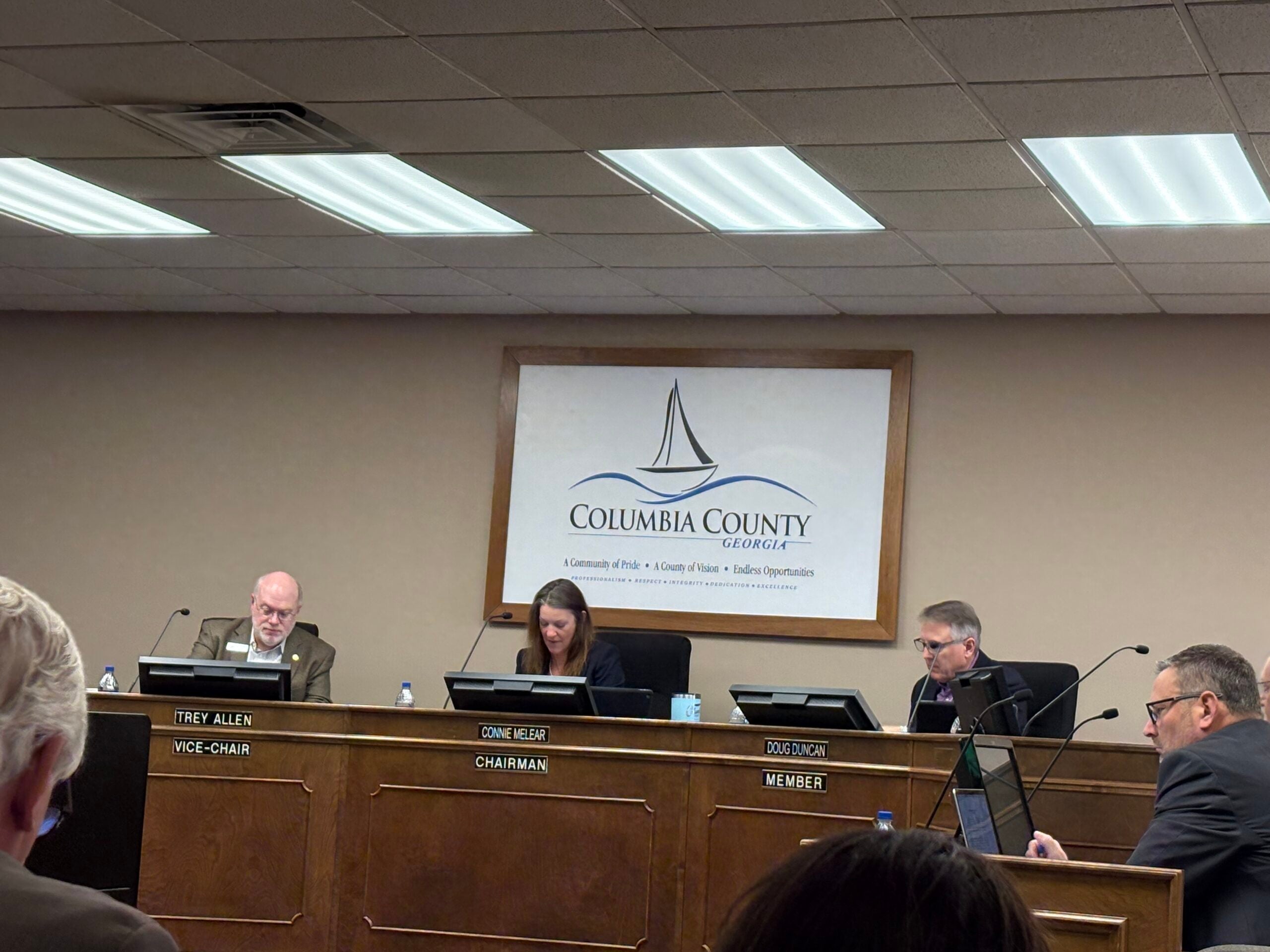Columbia County has proposed a resolution that will allow the creation of local legislation that will increase the homestead exemption.
Following the vote to opt out of House Bill 581 last month, Connie Melear, District 1 Commissioner and chair of the Management and Internal Services Committee, was tasked with coming up with a local homestead exemption. During the MIS meeting on Tuesday, March 11, a draft of resolution 25-10 was presented to ask the local legislative delegation to draft a bill that increases the homestead exemption from $2,000 to $10,000 for Columbia County residents.
County Manager Scott Johnson spoke about how property taxes are made up of two parts, the assessed value of the home and the millage rate. While Columbia County already has a lower millage rate, this resolution would allow for a local bill that addressed the assessed value of a home, like what House Bill 581 would do.
“What we decided to do is to follow the state’s theme when it came to homestead relief and as you know, the state has been giving a homestead exemption of $2,000 for many years…what we said what we wanted to do is make that greater,” Johnson said. “We were willing to give our homeowners a $10,000 homestead exemption. It’s the state’s $2,000 and this year we’re giving $8,000. What we would like to do, if the state moves theirs to $5,000, then we would give $5,000. But the idea behind this is, we want Columbia County residents to see a $10,000 homestead exemption.”
MORE: Columbia County commissioners opt out of floating homestead exemption
Property taxes are calculated by using the assessed value of a home times 40%, minus the exemption for the first number. Then the millage rate is the second number, and those two numbers are multiplied together. Johnson gave an example of a $100,000 home.
“A $100,000 homes times .40 means you have a taxable value of $40,000 minus the $2,000,” Johnson said. “Now you take $38,000 is your home value on your $100,000 home times the millage rate gives you your taxes. What we’re saying is $100,000 times .40, $40,000 minus $2,000 is $38,000 minus $8,000 is $30,000. So now instead of paying $40,000 in property tax value, we’re going to pay $30,000 times the millage rate.”
Johnson added the exemption the county is proposing does not apply to the school board taxes or property taxes from the cities. However, he added that those entities are looking at doing something similar to what the county is doing. On March 11, the Columbia County Board of Education approved moving forward with increasing the homestead exemption as well.
With this bill, because it is local legislation, if a future board of commissioners wanted to change it, it would have to go to the state legislature and then before the voters again, Johnson said.
“(That’s) why I think we had to be very thoughtful with what we did because once you do something like this, it’s permanent,” Johnson said. “To opt into 581, the permanency of 581 with all the downfalls, though it’s not a bad bill. (House bill) 581 is not a bad bill…581 was a good bill with good intentions. It just had some unintended consequences for certain counties and Columbia County was one of those by the way we lower our millage rate so much. So, we had to look at it, which is why they gave us the ability to opt out. It was not a one size fits all.”
The resolution is asking for local legislation to be created that will allow the increase in the homestead exemption. The resolution will go before the full Board of Commissioners on Tuesday, March 18. Following that approval, the state legislative delegation will present the bill to the general assembly, and if passed, it will go to Gov. Brian Kemp to sign. If signed by Kemp, it will then go on the ballot to go before voters in November. If approved, it would be effective Jan. 1, 2026, and apply to next year’s property tax bill, Johnson said.









